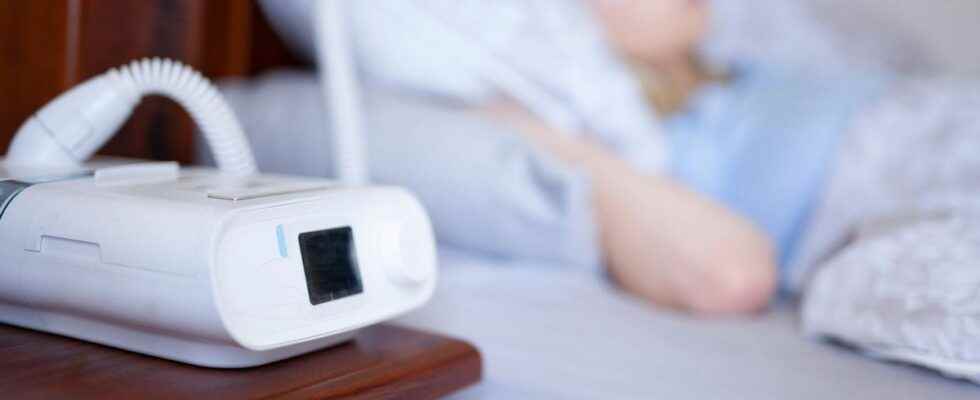Published on
Updated
Reading 2 mins.
While power cuts could take place this winter, Nathalie Creveux-Bigaignon, General Delegate of the Union of Independent Home Health Providers (UPSADI) explains the options available to patients on respiratory assistance.
The government is planning possible power cuts this winter in the event of an overload of the electricity network. But in this case, what will happen to patients on respiratory equipment at home? Answers.
Patients considered non-priority
Monday, December 5, 2022, Laurent Méric, spokesman for Enedis, said that people placed under artificial respiration at home would not be considered “priority“this winter in the event of power cuts.
People on artificial respirators at home “are non-priority” and “discharged”
The Enedis spokesperson assures that these people will be notified and possibly moved to a place that is “not relieved” ⤵ pic.twitter.com/ROAdhQoPKR
— BFMTV (@BFMTV) December 5, 2022
Concretely, these French people who benefit from a respirator at home will be able to undergo, in the same way as everyone else, temporary “power cuts”, in the event of an overload of the electricity network.
What will concretely happen to these patients once their respiratory assistance is cut off?
According to the Enedis spokesperson, “if we know that they (non-priority people) are going to be relieved, we will send someone and possibly, we will help them to go to a place that will not be relieved.”
Oxygen bottles delivered to homes
For her part, Nathalie Creveux-Bigaignon, general delegate of the Union of Independent Home Health Providers (UPSADI) regrets the clumsy use of the term “non-priority”. But she nevertheless wants to be reassuring on this subject.
“They remain a priority for home health providers.” she assures, before adding “that the on cannot leave these people without an emergency solution. Fortunately, there are alternative solutions provided by law.”
Concretely, in the event of a power outage, home healthcare providers (reachable 24 hours a day, anywhere in the country) plan to send high-risk patients “gaseous oxygen cylinders“, even though “stocks are currently very tight“.
“The advantage of these patients is that they are already identified with the ARS and closely monitored by the providers.“, specifies Nathalie Creveux-Bigaignon.
For other patients – who do not require respiratory support day and night – it will be possible “to adapt the hours of treatment during the day“, concludes the delegate.
